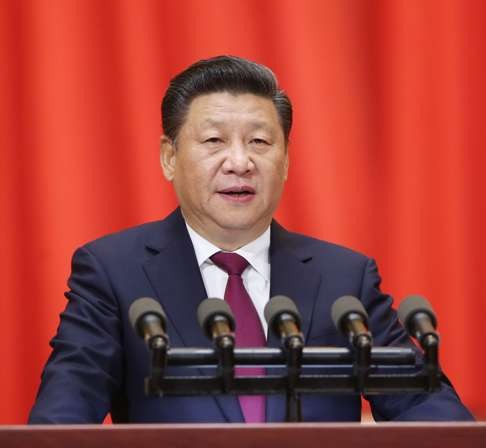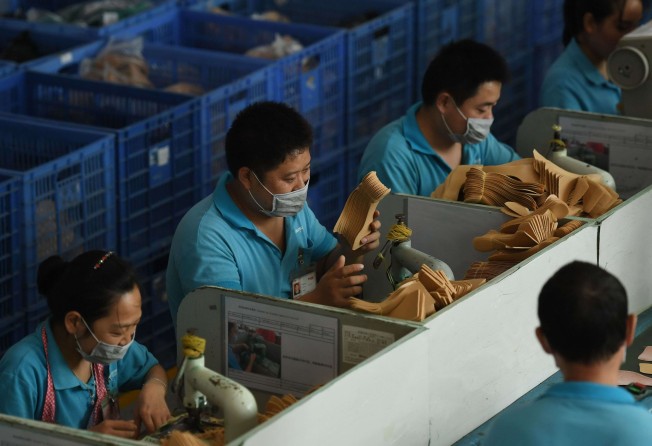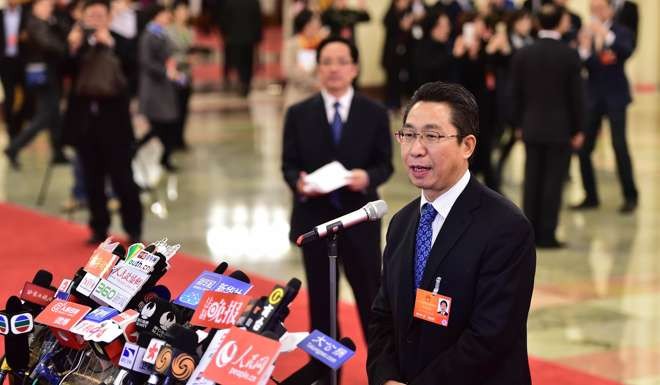
China’s property rights safeguards will need support on the ground
Shang-Jin Wei says new rules to protect property, assets and IP rights will reassure private businesses and boost growth, but much depends on their implementation

China recently adopted new guidelines to strengthen the protection of property rights, an important step towards ensuring long-term economic growth. But more has to be done.
The guidelines aim to advance three key objectives. First, they limit the government’s discretionary ability to take private property from entrepreneurs and private citizens. They stress the “equal status” of state-owned enterprises and private firms, and the “equal protection” of their property rights. So private property will no longer be inferior to state property – at least officially.
China has been facing a new wave of capital flight, driven partly by concerns among entrepreneurs that President Xi Jinping’s ( 習近平 ) anti-corruption campaign could one day be redirected at them.
The new guidelines address this by calling for forgiveness of “original sins” – irregular or illegal activities or tax evasion by entrepreneurs in their firms’ early days. This amnesty, along with a broader shift towards equality between SOEs and private firms, could clear the uncertainty for businesspeople.

The second objective is to eliminate the expropriation of state-owned assets by private parties, including by self-dealing managers of SOEs. This takes many forms, including selling state-owned assets at below-market value to connected private parties, and stock market insider trading.
One positive effect of the anti-graft campaign has been the suppression of such behaviour. Even so, it makes sense for the guidelines’ drafters to propose more measures to minimise risks from poor corporate governance.

The third aim is to encourage innovation, by protecting the fruits of creative efforts. The engines that have propelled China’s growth – a huge supply of cheap labour, imported technology and massive physical investment – are stalling. Now, increased productivity and local innovation must pick up the slack. And that requires adequate protection of intellectual property.
As such rights become more secure, China’s new growth engines can gain power.
But the new guidelines are not enough to guarantee such an outcome. For one thing, the amnesty programme still lacks sufficient detail. Moreover, the guidelines will not eliminate the state-owned sector’s advantages.
The new legal framework for protecting property rights holds much promise. But its success will depend heavily on how it is implemented, as well as on the extent to which the government pursues complementary reforms. For the sake of the global economy, let’s hope China gets it right.
Shang-Jin Wei, a former chief economist of the Asian Development Bank, is professor of Chinese Business and Economy at Columbia University. Copyright: Project Syndicate